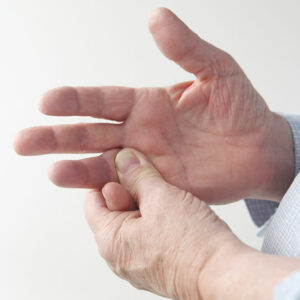7 foods one should avoid before bedtime

Finding it hard to sleep at night? Staying away from your phone and reducing psychological stress can help, but these are not enough. You also need to be wise when choosing foods late in the evening and before bedtime. Some foods have ingredients that can induce insomnia and cause tummy troubles, making it hard to sleep well at night. Below, we’ve listed seven such foods you should avoid eating before hitting the sack.
Chocolate
Post-dinner chocolate cravings are pretty common, but it’s not good when struggling to get proper sleep. Chocolates, especially dark chocolate, contain lots of caffeine, which can prevent you from getting deep, restful sleep.
Coffee
Talking about caffeine, it’s hard not to mention coffee. A shot of espresso is a go-to late-night drink for many, but it can hurt your objective of sound sleep. Coffee contains very high levels of caffeine, more than dark chocolate. So, it’s best to avoid any type of coffee at least six hours before bedtime.
Potato chips
Potato chips are fried foods loaded with unhealthy fats. Such foods take long to digest, cause indigestion, and can keep you up at night. Some studies even show that eating lots of fried, greasy foods can cause disturbing dreams.
Donuts
Donuts are one of the worst foods to eat before sleeping. They’re high in both fat and sugar. Too much sugar can cause a spike in blood glucose and then a sudden crash, disrupting sleep patterns. Digestive issues from excess fats can further make matters worse.
Wine
A glass or two of wine can indeed make you feel relaxed and even drowsy. But, it can also lower sleep quality. Drinking wine just before going to bed can cause you to wake up in the middle of the night or early in the morning to use the bathroom.
Oranges
Oranges are super healthy, but they shouldn’t be your choice of fruit before bedtime. They’re highly acidic and can be tough on the digestive system. The acidic nature of oranges is especially harmful to those with acid reflux or a sensitive bladder.
Tomatoes
There are multiple reasons to skip dishes that contain tomatoes late at night. Tomatoes are highly acidic and can cause heartburn and indigestion. They also have tyramine, an amino acid that can stimulate brain activity, delaying or preventing sleep. You must also avoid using tomato ketchup as a condiment.
Treatments for better sleep
Ingredients from the foods mentioned above may lead to constipation, heartburn, and indigestion. For example, the cacao and caffeine in chocolate may trigger an increase in esophageal exposure to acid, thus leading to heartburn. These treatment options may help ease such symptoms.
LINZESS®
LINZESS® is once-daily prescription for adults with Chronic Idiopathic Constipation (CIC) or Irritable Bowel Syndrome with Constipation (IBS-C).
Colace
Colace offers multiple prescriptions that may relieve digestive problems. The Colace Regular Strength Capsules help soften painful and hard stool within 12 to 72 hours.
Movantik®
Movantik® is prescribed to patients when other options do not work. The once-daily prescription is effective against constipation caused by other treatment options.
Nexium
Nexium may be taken once daily, an hour before a meal. It helps decrease acid levels in the stomach, thus offering relief from symptoms like heartburn.



